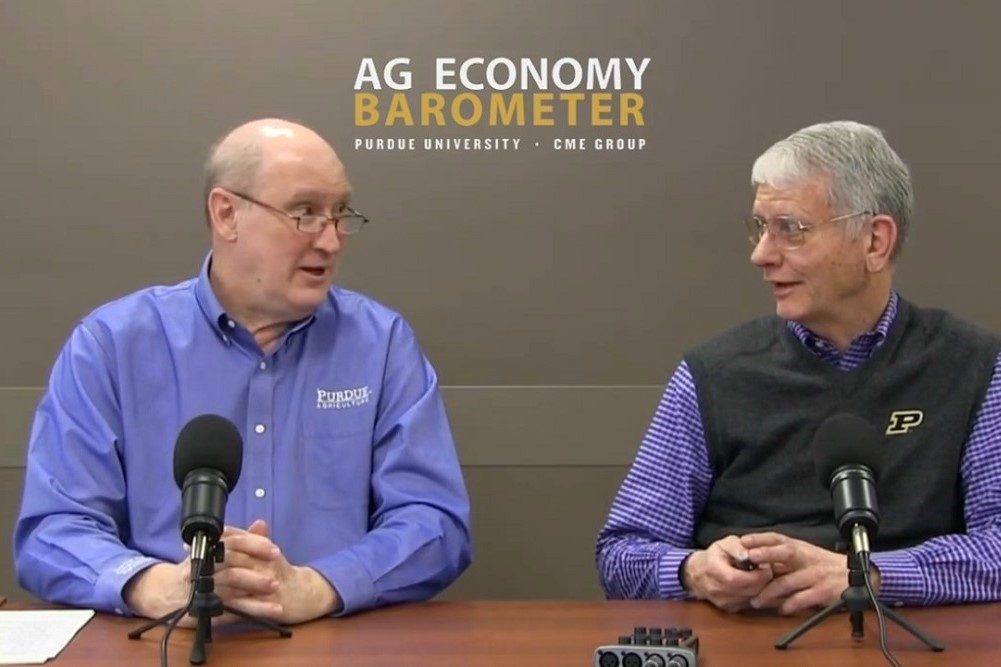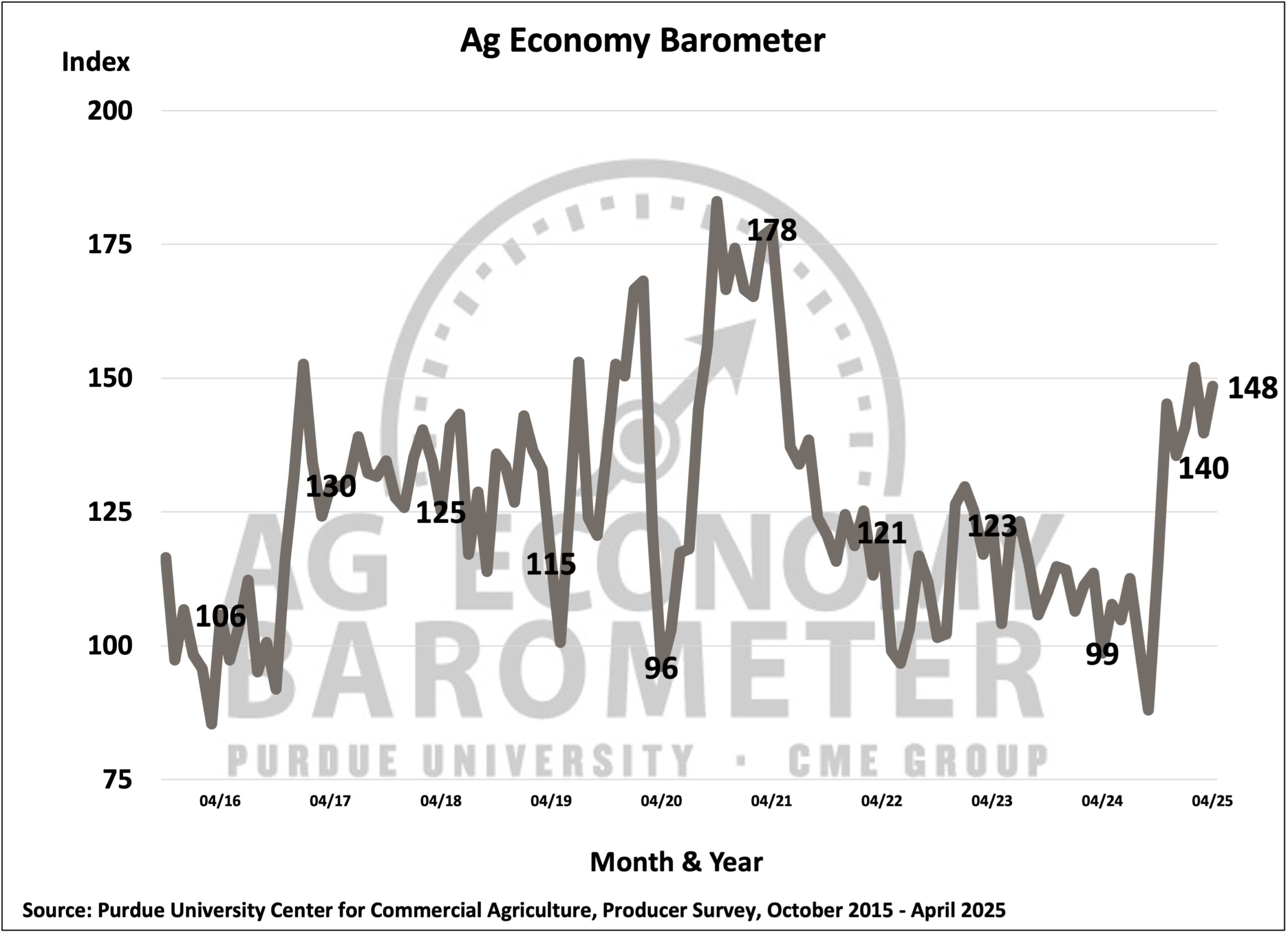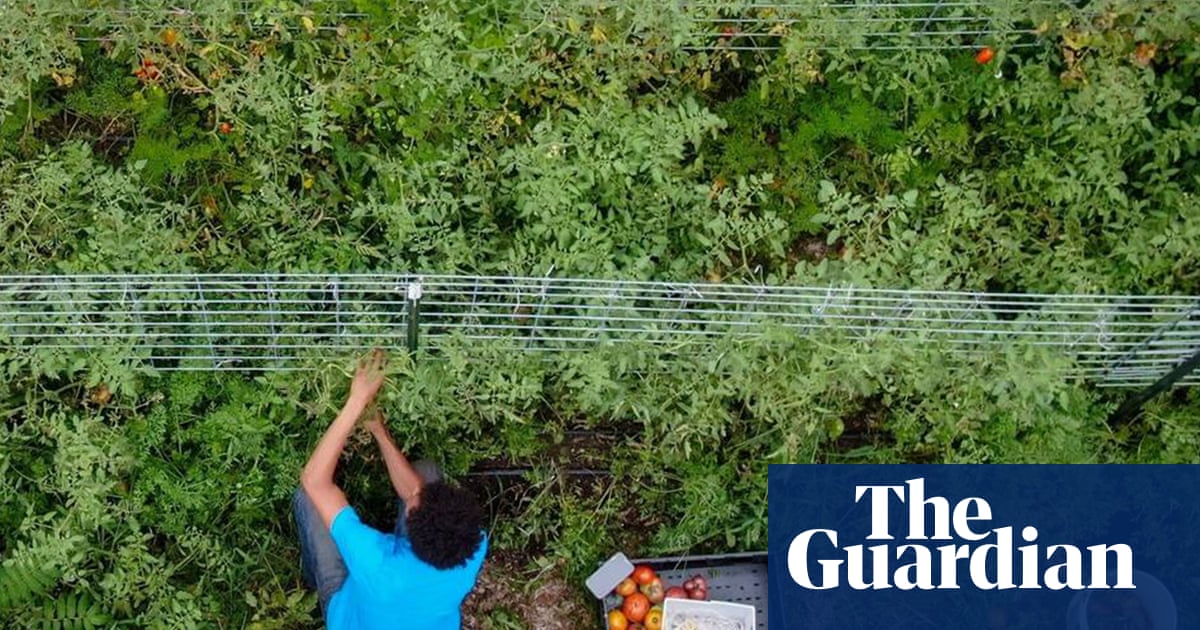jc456
Diamond Member
- Dec 18, 2013
- 151,444
- 35,062
- 2,180
You want the study?

Purdue Survey: Farmers More Optimistic About Ag Economy Despite Tariff Concerns
A new survey from Purdue University says that America’s farmers are more optimistic about current and future conditions on their farms despite recent concerns over President Trump’s tariff strategy and lower commodity prices. Notably, a majority ofwww.hoosieragtoday.com
Despite a rise in investment sentiment, nearly two-thirds of producers in April’s survey still said it was a bad time to invest, suggesting persistent caution among a majority of U.S. farmers. That group’s outlook helps explain the sharp decrease in new farm equipment sales that took place during 2025's first quarter. According to the Association of Equipment Manufacturers, sales of tractors with over 100 horsepower fell 19% in the first quarter of 2025 compared to the same period in 2024, while new combine sales were down 38% from a year earlier.
snip
Expectations for short-term farmland values weakened in April, as the index fell 8 points to a reading of 110. This change was driven by a decrease in the number of producers anticipating higher farmland values in the coming year, balanced by a comparable increase in the percentage of producers expecting values to remain about the same.
The April survey included several questions focused on the impact of the U.S.’s tariff policy on U.S. agriculture. Even with the improvement in overall sentiment, farmers remain concerned about the near-term effects of U.S. trade policy. Over half (56%) of respondents said they expect the U.S. tariff policy to have a negative or very negative impact on their farm’s income in 2025, and 53% anticipate some difficulty in obtaining inputs as a result of higher import tariffs. Among those expecting supply challenges, fertilizer was the primary cited concern, followed by parts for farm machinery and electronics and crop chemicals.

Purdue University-CME Group Ag Economy Barometer
Farmer sentiment improved in April as the Purdue University-CME Group Ag Economy Barometer climbed 8 points to a reading of 148.
 ag.purdue.edu
ag.purdue.edu
The April survey included several questions focused on the impact of the U.S.’s tariff policy on U.S. agriculture. Although sentiment improved in April, farmers are still concerned that the U.S. government’s tariff policy will have a negative impact on farm incomes. Fifty-six percent of respondents to the April survey said they think the U.S. tariff policy will have either a negative or very negative impact on their farm’s income in 2025. In a related question, just over half (53%) of producers expect the increase in tariffs on imports to make it more difficult to obtain inputs from their suppliers this year. Producers who expect some difficulty in obtaining inputs pointed to three main areas of concern: fertilizer, parts for farm machinery and electronics and crop chemicals. Despite the concerns farmers expressed in the April survey about the impact of tariffs on farm incomes and availability of inputs for their farm operations, 70% of respondents said they expect the increased use of tariffs will, in the long run, strengthen the U.S. agricultural economy.

